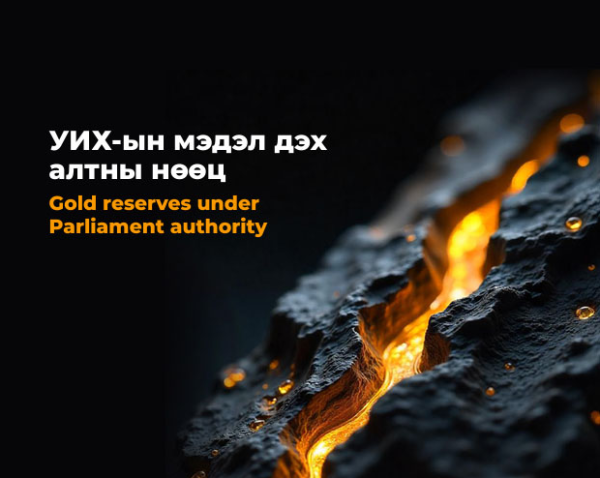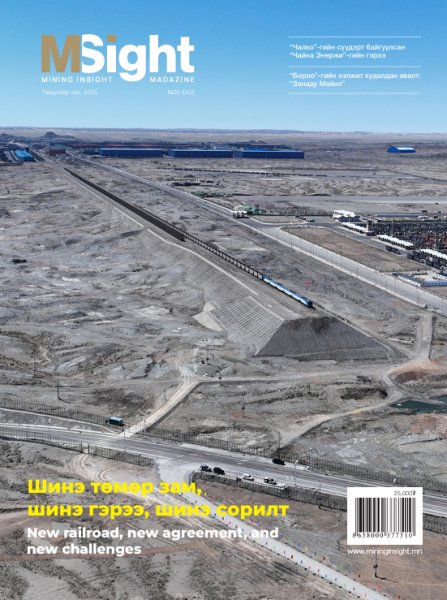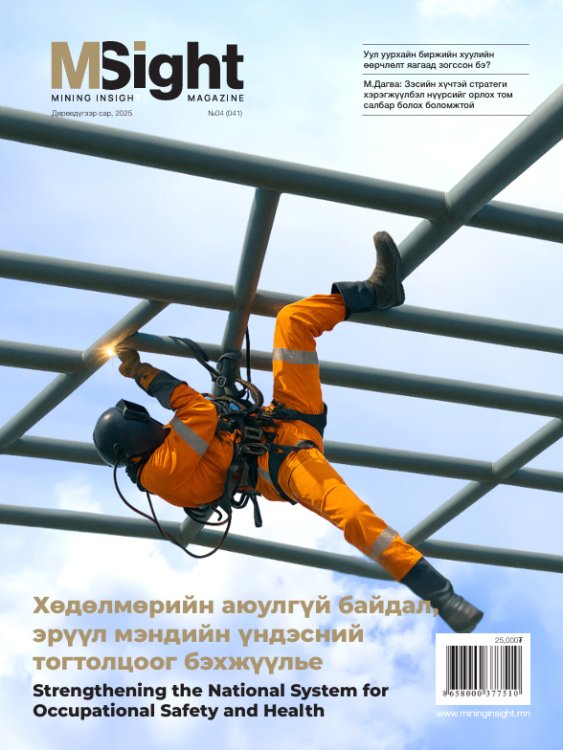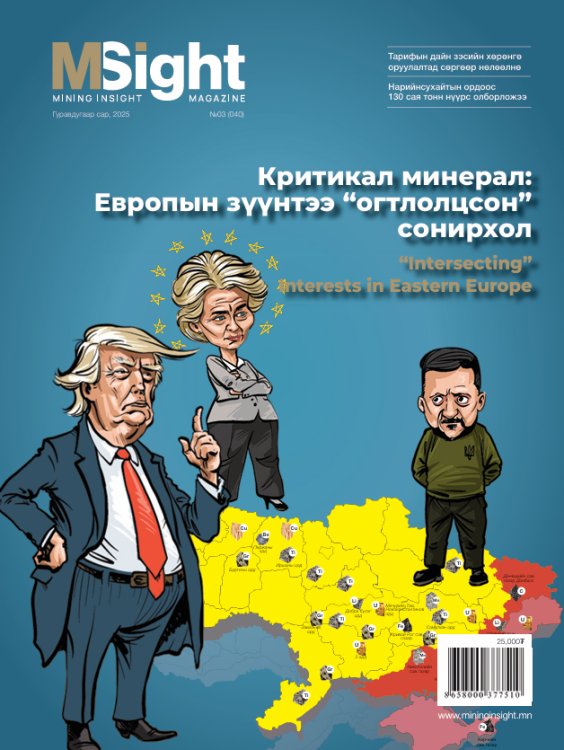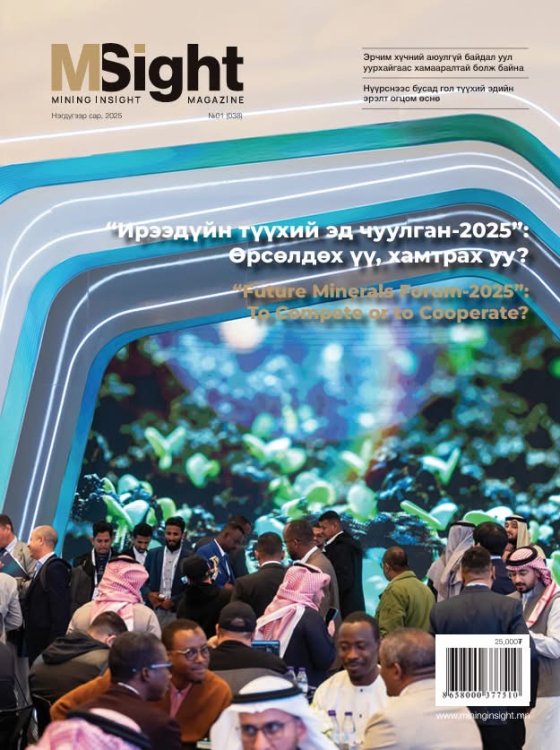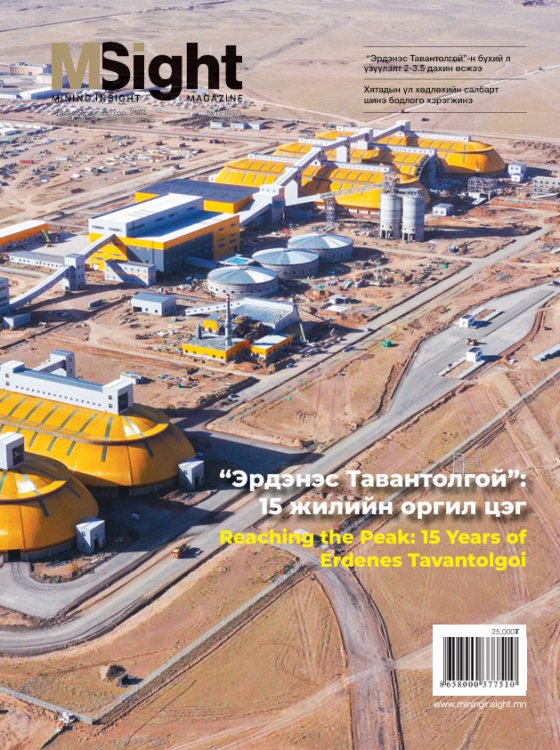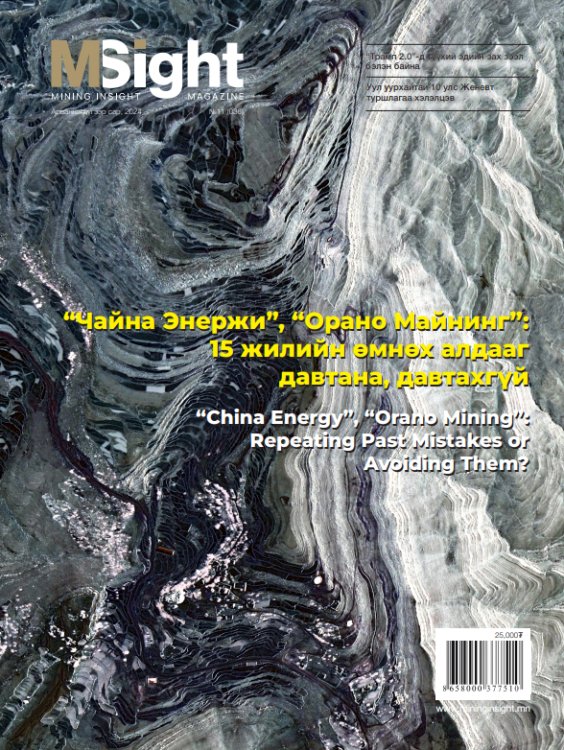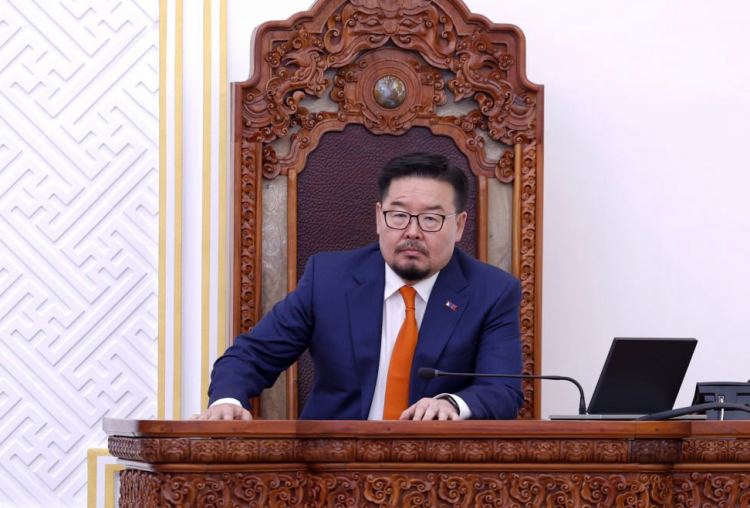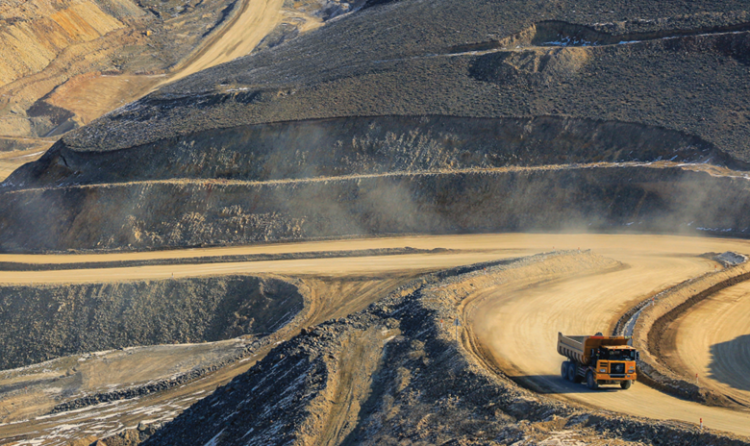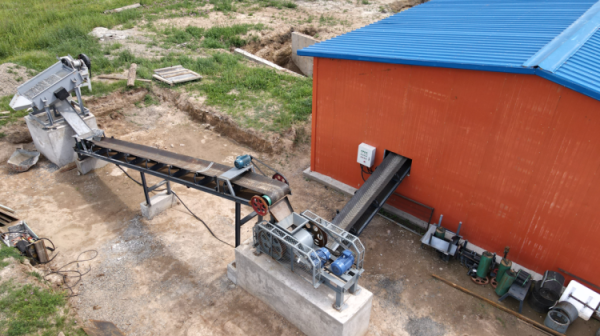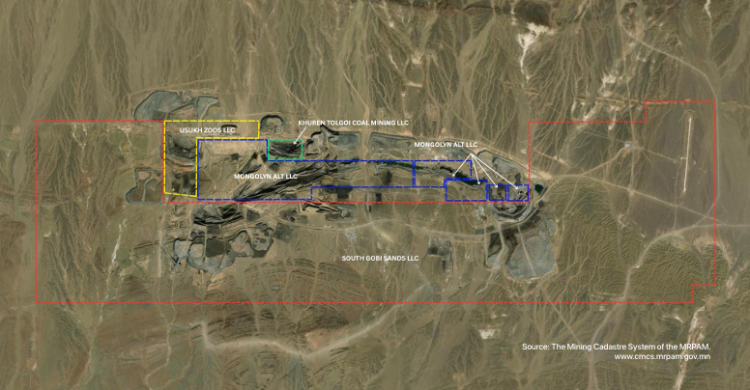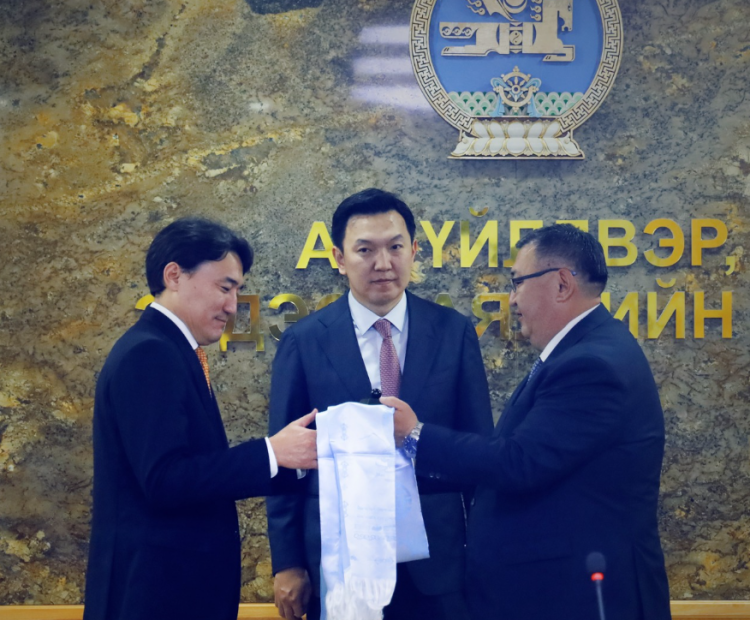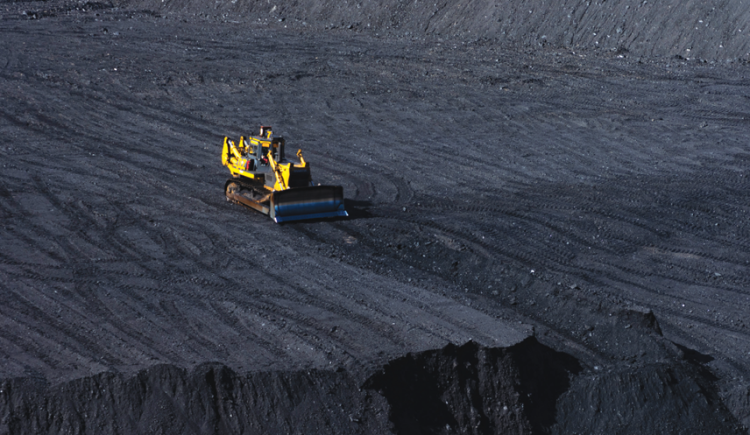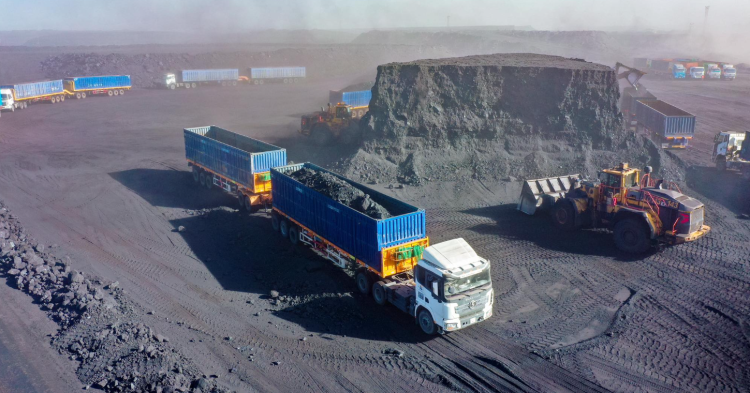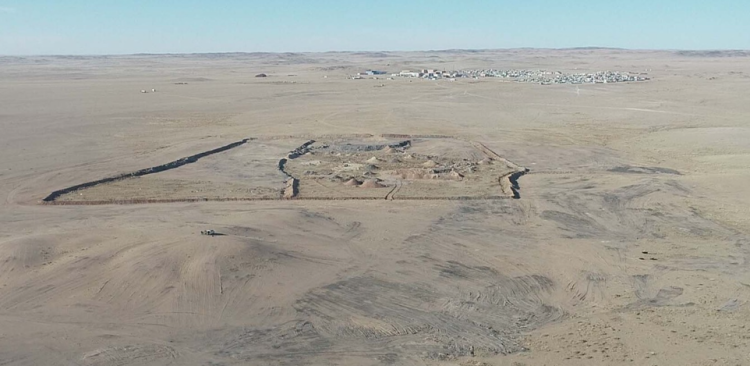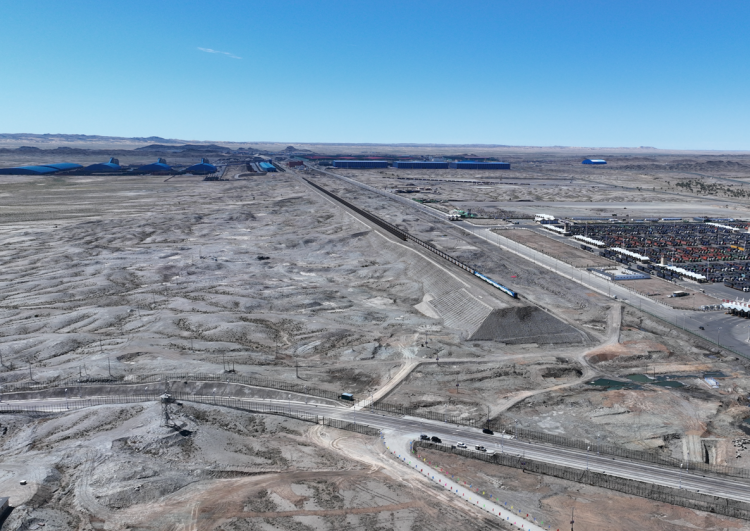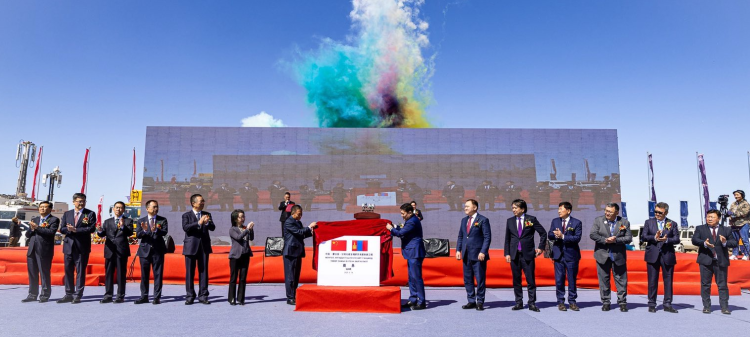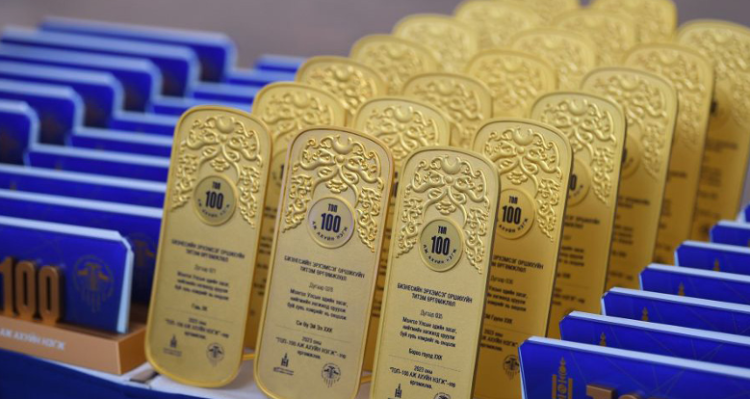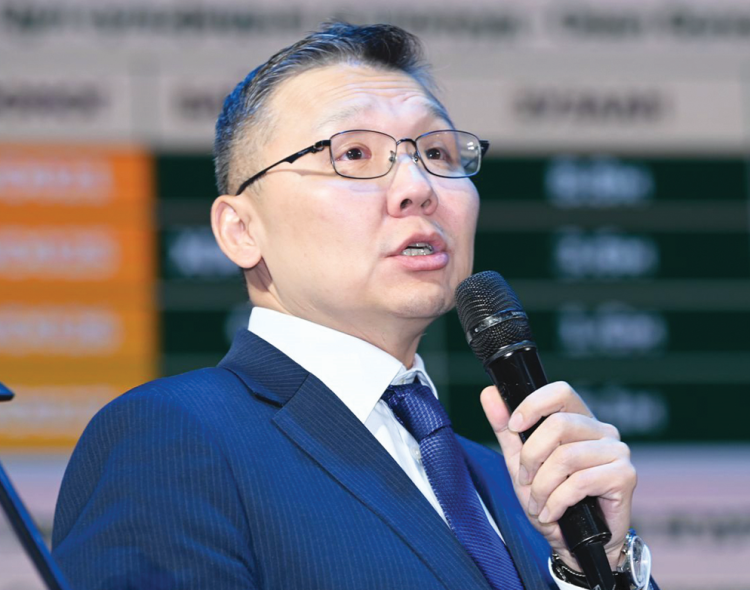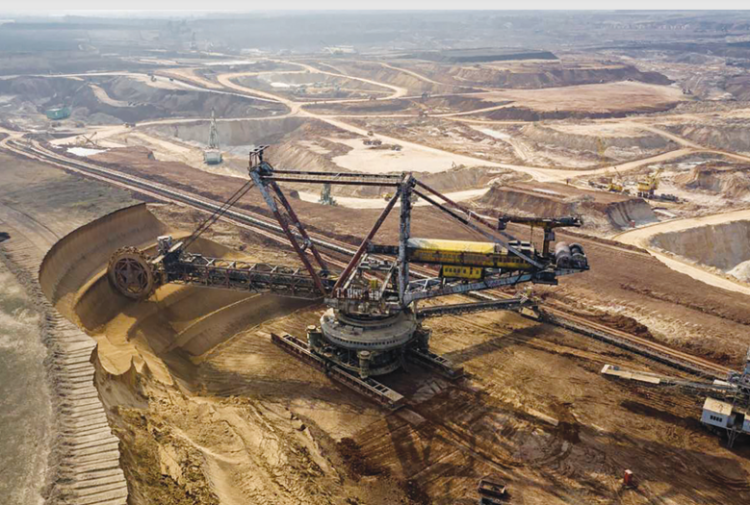
Under the 12-year Eastern calendar, the Year of the Tiger has drawn to a close, and the Year of the Rabbit is fast approaching. As comprehensively elaborated in this publication, the Year of the Tiger was marked by significant events, but also posed significant challenges within the mining industry of Mongolia. The latest issue of Mining Insight magazine highlights the key figures whose policy decisions played a pivotal role in driving industry growth during the Year of the Tiger, and whose leadership will continue to shape the trajectory of the mining sector’s development.
The Year of the Tiger, also known as the year of ‘Improvement’ and ‘Good Deeds’, commemorated the 100th anniversary of modern mining in Mongolia. This auspicious occasion was marked by a range of unique events, both positive and negative, which have left a lasting impact on the country’s mining history. Of particular note was the “Coal Theft” protest, which captured the attention of the public and drew significant media coverage.
The 17-day protest movement took place in the central square of the capital city amidst the harsh winter conditions and disrupted the celebratory atmosphere of the mining industry’s 100th anniversary. Although the protests subsided as abruptly as they had begun, the political events and changes that ensued continue to reverberate into the Year of the Rabbit, and have continued to impact social life in Mongolia. The social unrest sparked by the demand for justice from Mongolian politics, not the mining industry, highlighted the gravity of the issue of “Coal Theft”, which could not be easily pacified like previous scandals, despite the various reasons and interests involved. This reflects the government’s resilience against societal pressure. Furthermore, the government’s recent announcement of 2023 as the year of the fight against corruption and its implementation of five anti-corruption measures demonstrate the government’s commitment to reducing corruption and theft. The measures, which include operations such as “Whistle, Broom, Bird, Transfer, and Glass”, are expected to intensify many processes. As the investigation into the corruption scheme related to coal theft progresses and the main culprits are identified, the government’s stance on not settling the case like all previous scandals has generated public hope and expectation.
Firstly, Prime Minister Oyun-Erdene.L has announced that the government will introduce a law to separate politics and business during the upcoming Parliamentary spring session, beginning on March 15. This law aims to address the corruption system that has been strengthened by the close relationship between politics and business.
If the Parliament approves and implements a law that prohibits the appointment of family members, siblings, and relatives to government positions, public procurement, and any tender, it will create a significant barrier and act as a red light for the arbitrariness that has contributed to the corruption system, such as coal theft. The issue of coal theft, currently under investigation, is set to go to court this year. If the existing system of corruption related to coal theft is dismantled and the case is resolved, the government’s commitment to fighting corruption will be realized in the true sense. Moreover, it will set a precedent and help prevent other similar crimes in the U future. In the upcoming Year of the Rabbit, it is expected that corruption cases such as the 49 percent stake in the “Erdenet Mining Corporation” and the “Development Bank” issue will be resolved in court. The anti-corruption reform policy of the 32nd Prime Minister of Mongolia Oyun-Erdene.L, will not be as easy to implement as announced and will be tested by future events. Its shadow may create new types of crises, conflicts, and instabilities.
However, the high level of public interest and support for dismantling the 30-year-old system of corruption represents its greatest potential. If the government’s efforts to fight corruption are successful and the political situation stabilizes, the mining industry will be able to continue its operations without disruption and may begin to see the benefits of the work laid last year in the Year of the Rabbit.
These important events and special developments were highlighted by Mining Insight magazine in our highlight article “Year of the Tiger Protagonists Take Center Stage in MINE GER”.
The opening of Oyu Tolgoi’s underground operations on March 13th is expected to significantly increase Mongolia’s exports and double its GDP by 2027. The mining railway built during the Year of the Tiger has already started exporting and is anticipated to eliminate corruption in coal transport. Mining Insight has highlighted the railway’s importance in dismantling the established system of corruption and featured it on its cover. In the Year of the Tiger, Mongolia’s mining experts contemplated their industry’s future. Through an article by M. Dagva, a member of the Policy Council of Mining Insight, we share their perspectives and encourage fresh thinking. As the transition to a green economy continues, it is crucial to have discussions on how to shape and develop the mining industry, with a focus on cultivating talented leaders.




